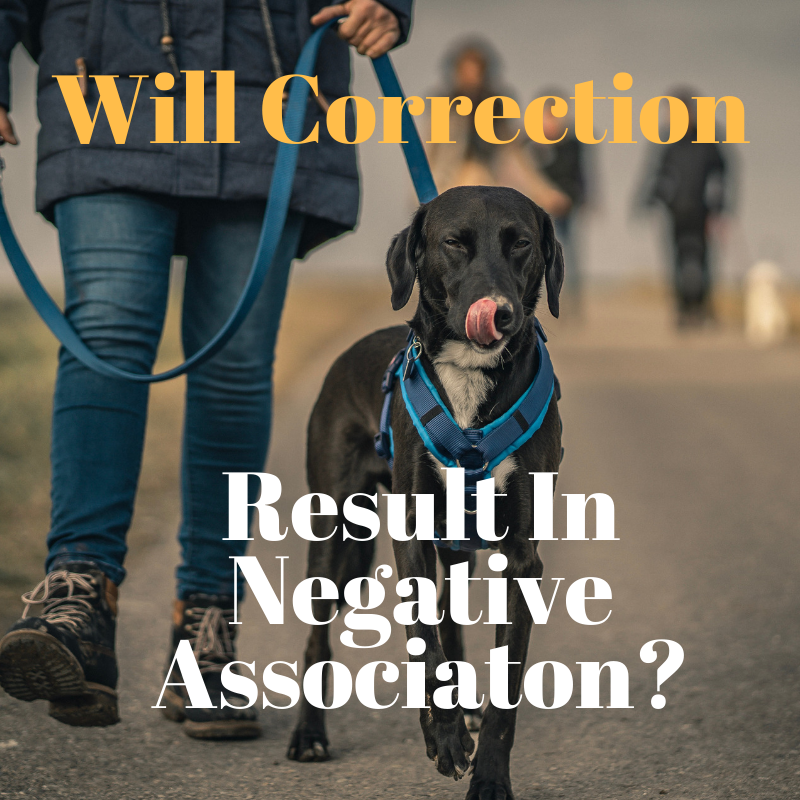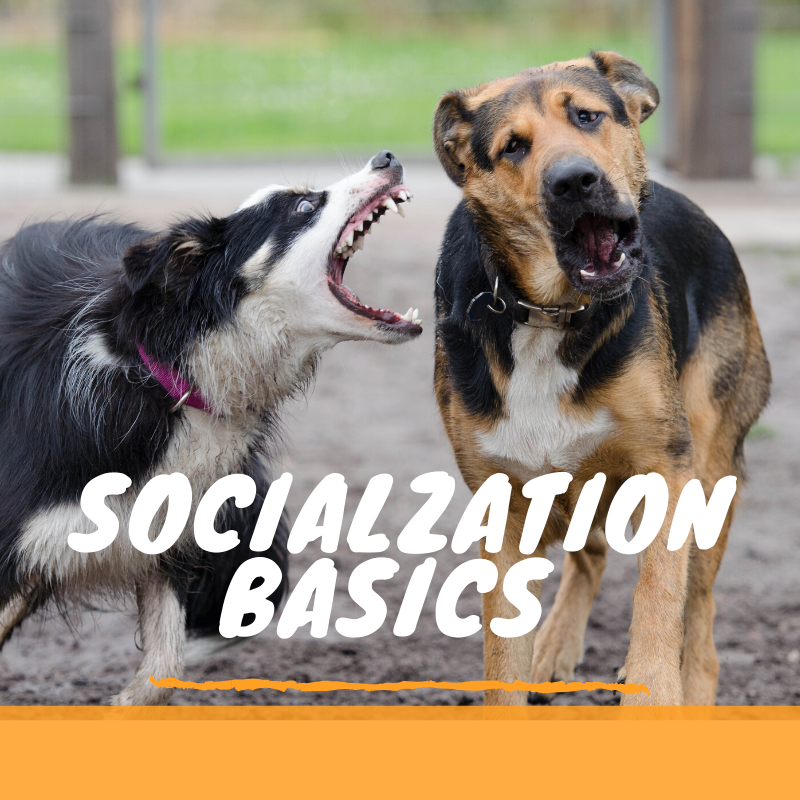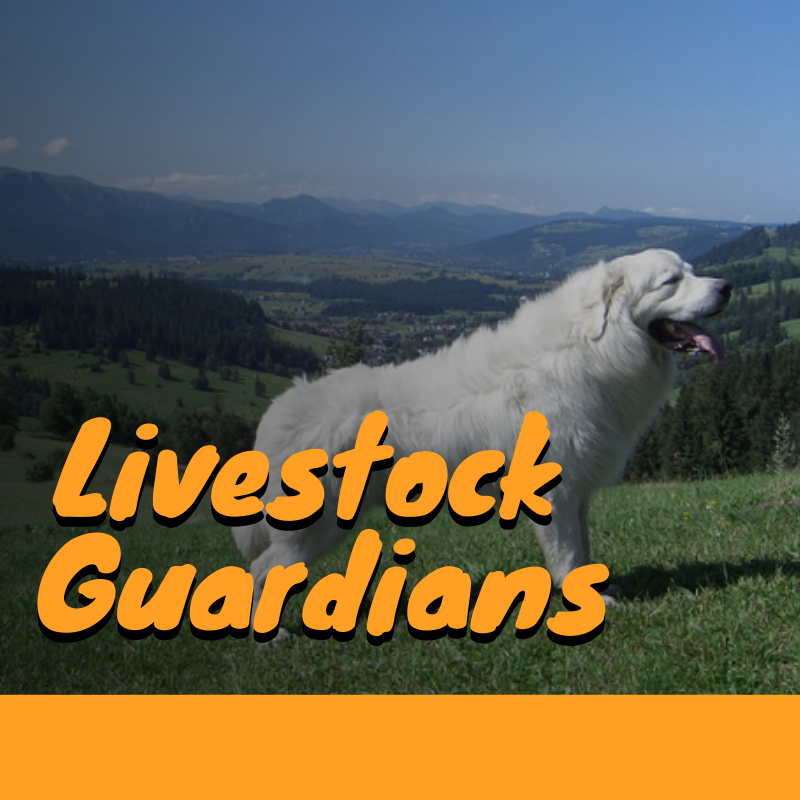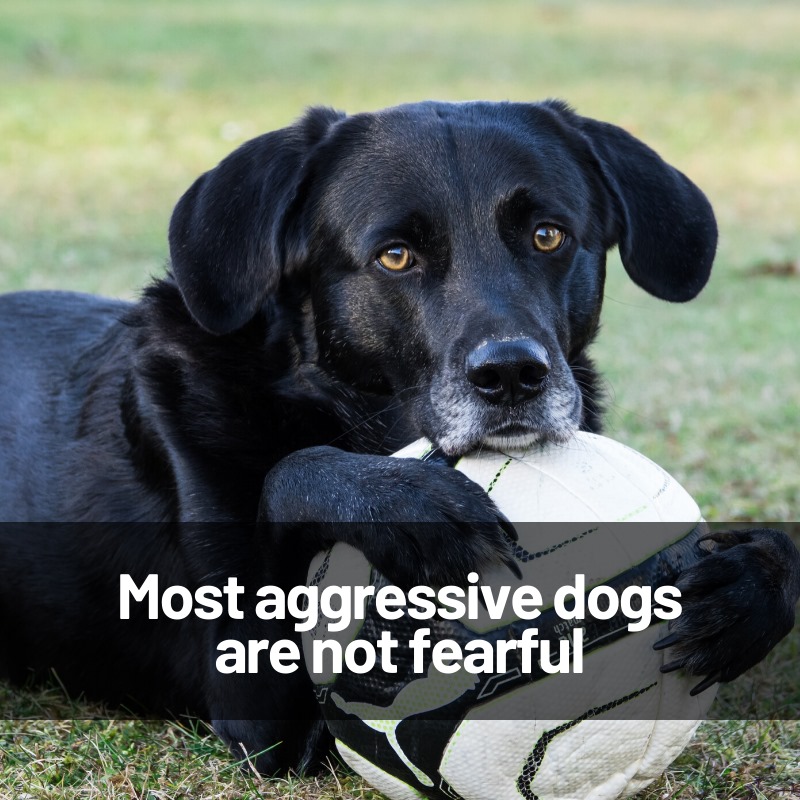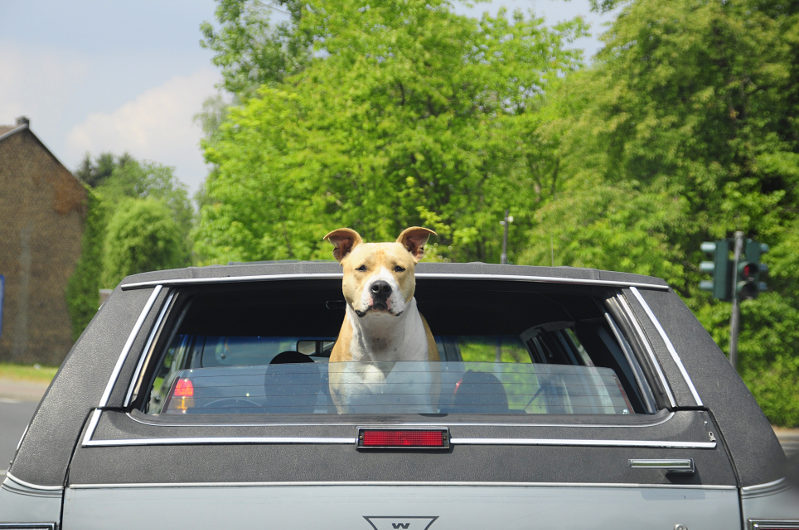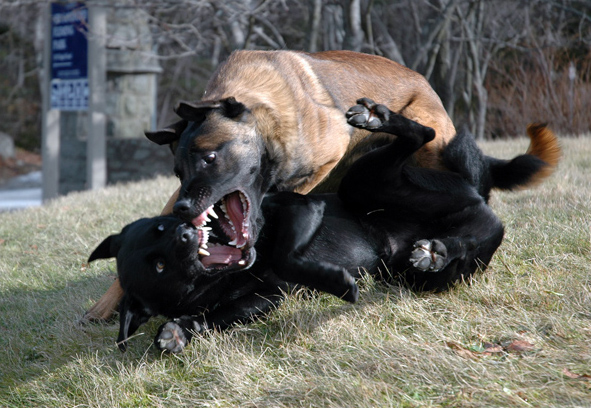Will correction cause fear or a negative association in dogs?
Will using correction result in a negative association or fear? It makes perfect sense, doesn’t it? Of course, using any type of corrective training tool can be nothing but develop fear. Right? Well not exactly. Whenever using any form of correction, it’s essential that the handler (you) shows your dog what I call the 3 pillars of correction; 1-How to turn on the uncomfortable feeling (doing something that you don’t want them to do) 2-How to turn off the uncomfortable feeling (stopping the amove behaviour) 3-How to avoid the feeling altogether (not doing the above behaviour at all) When a dog has been shown these… Read More »Will correction cause fear or a negative association in dogs?
